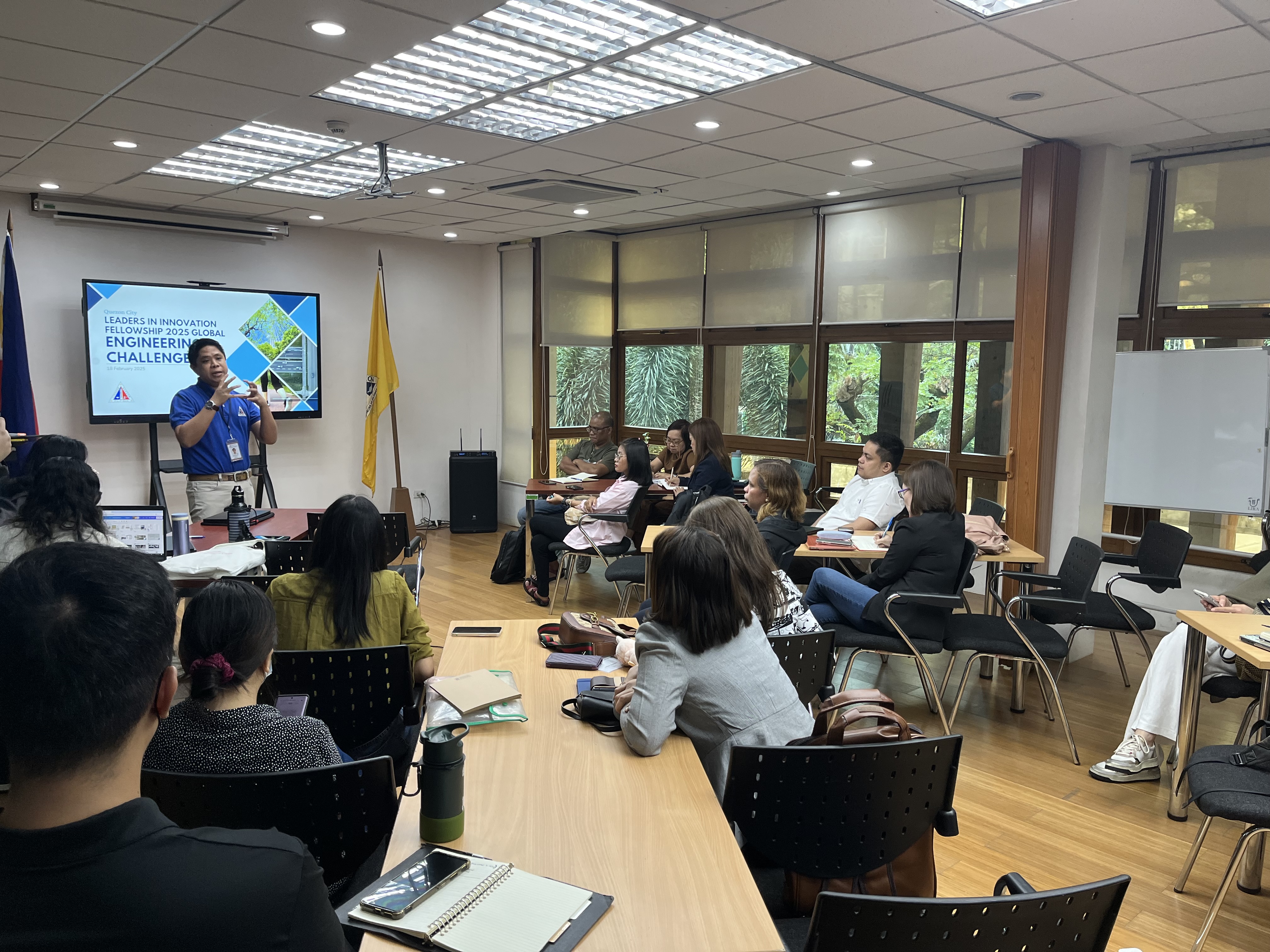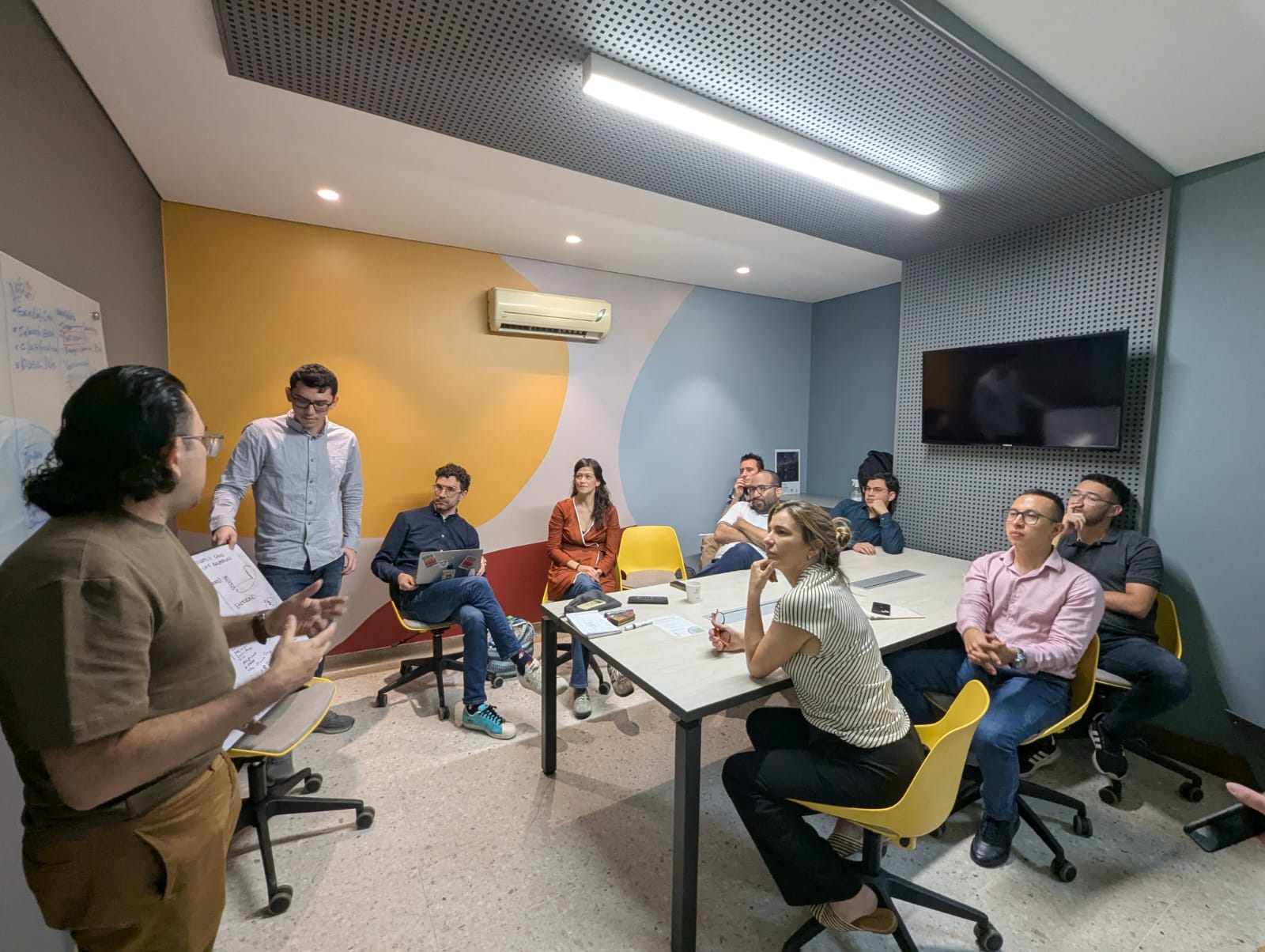Since 2014, more than 1,490 entrepreneurs from 19 countries have been supported through LIF, creating over 9,800 high-skilled jobs, registering over 1,860 IPs, and raising more than $493 million (USD) in further funding.
As part of the seven month-long flagship accelerator programme, each entrepreneur engages in a four day, in-person ‘in-country event’ in their home nation. This facilitates meaningful connections between the entrepreneur, their innovation ecosystem, and key local stakeholders. On the second day of every event, entrepreneurs engage in a country-specific engineering challenge, looking at a prevalent domestic issue, and tasking the cohort with providing an engineering and business-led response.
These challenges can be wildly varied in both topic and structure, but all play an important role in the innovator’s entrepreneurial development, while benefiting local citizens, as the recent examples below demonstrate:
1. Fostering citizen-led development
The agave-tequila industry is a key source of livelihood for many in Mexico, with over 200 authorised producers in the sector. Such producers are required to demonstrate that their tequila has not been adulterated during its production, with an electronic platform used to verify compliance. This helps to uphold the quality of the outgoing products, and as a result, protect the livelihood of those in the sector.
LIF Global 2025’s entrepreneurs were tasked with designing a data analysis model to optimise this process, with the first of two groups proposing a system that would integrate with the online platform, and include data scraping, a predictive model, and a dashboard app. Their dashboard would support real-time calculations, perform predictive analytics, generate notifications when compliance risks were detected, and produce executive reports to provide insights into compliance trends. This suggestion was so successful that the facilitators of the challenge ultimately accepted the proposal, and are now partnering with the entrepreneurs to implement the real-world solution.
Similarly, the engineering challenge in Thailand set by two private hospital groups (Phyathai and Paolo) challenged the cohort to provide mobile drinking water stations for hospital waiting rooms, incorporating transport-centred robotics, while also reducing (or ideally, eliminating) single-use plastics.
While both solutions incorporated new ways for transport-centred robotics to provide hygienic water dispensers, they also both included a crucial, and notably unrequested, design feature. Both solutions prioritised the robot being able to blend into the hospital environment: an aspect of the solution flagged as being central to a positive public reception.
By working with citizens of lower and middle-income countries (LMICs) to decide their own solutions to national issues, LIF Global avoids dictating a response through a ‘one-size-fits-all’ model. Drawing on local knowledge is essential to developing responses that are appropriate and well-received. This delivers the added benefit of creating sustainable and innovative local economies through establishing skilled, high-growth jobs around prominent social issues.
2. Promoting long-term, sustainable solutions
In the engineering challenge for the Philippines, entrepreneurs were asked to expand green spaces within densely populated urban areas, while addressing prevalent climate issues such as extreme heat.
One solution proposed a self-sustaining thermochemical process generating biochar (to be used as a slow-release fertiliser) and energy (to power an Internet of Things [IoT] system tracking soil quality and optimal water distribution). Another group proposed an AI and IoT-integrated ground water charging station powered by rainfall, later stored in the station to be used for irrigation.
Despite taking a completely different approaches to the issue, both solutions are underscored by an emphasis on sustainability, and leveraging this to establish a long-term solution.

The Local Government Unit of Quezon City presents the engineering challenge to innovators in the Philippines.
In South Africa, the mining industry consumes 3% of the country’s total water supply. Due to the high acidity and contamination, most of this water cannot be reused, and will often leak into dams and rivers, polluting vital drinking water sources for rural communities. For our South African engineering challenge, innovators were tasked with developing scalable solutions to neutralise acidic water, providing vital access for underrepresented communities.
The LIF Global entrepreneurs proposed a mobile, solar-powered eggshell water purification trailer, and a solar-powered purification system that makes use of common household products such as bicarbonate of soda. Both options, again, prioritising sustainability, using technology to improve lives and livelihoods while considering not just the end user of today, but the end user of generations to come.

Innovators in Colombia pitch a proposal for how to optimise the performance and use-life of swappable EV batteries.
3. Building a thriving international innovation ecosystem
By participating in these challenges, entrepreneurs foster meaningful connections with like-minded innovators and stakeholders from their innovation ecosystem - a key reason why these events occur in-person, within the innovator’s respective country.
There is no better example of this than the engineering challenge in Colombia, where innovators were asked to optimise the performance and use-life of swappable EV batteries. In this instance, the engineering challenge was hosted by a current innovator from LIF Global 2025, engaging in the engineering challenge through a different role to foster the next generation of impact-driven entrepreneurs in Colombia.
Collaboration and networking are a significant aspect of LIF. To date, 572 innovators from the programme have developed business partnerships with one another, with 258 innovators enjoying the benefits of collaboration through a partnership with a UK-based organisation.
Outside of the engineering challenges, this collaboration and network-strengthening is bolstered through the networking activities of the in-country event, including an alumni panel and a pitching event. Furthermore, the LIF Community provides continuous digital and in-person opportunities for network growth following graduation from one of our LIF programmes.
Strengthening these individual ecosystems gives entrepreneurs access to stronger, more diverse networks, providing greater opportunities and resources for years to come. In turn, this expedites the work of future innovators, meaning their novel technology can improve lives in a much shorter frame of time.
It’s important to appreciate that the challenges, and their subsequent proposals, do not just simulate a response; valuable solutions are accepted, and taken forward into real-world use. Through these events, our purpose-driven entrepreneurs can leverage their engineering expertise to deliver impact directly.
By even engaging with these challenges, however, innovators help to foster a stronger future for social entrepreneurship in their country.
These factors are crucial elements of LIF’s support for disruptive innovation. By investing in the changemakers working to bring these developments to market, the Royal Academy of Engineering is building a global engineering community truly fit for the future – contributing to sustainable and innovative local economies through locally-developed technology improving the lives of the communities behind it.
